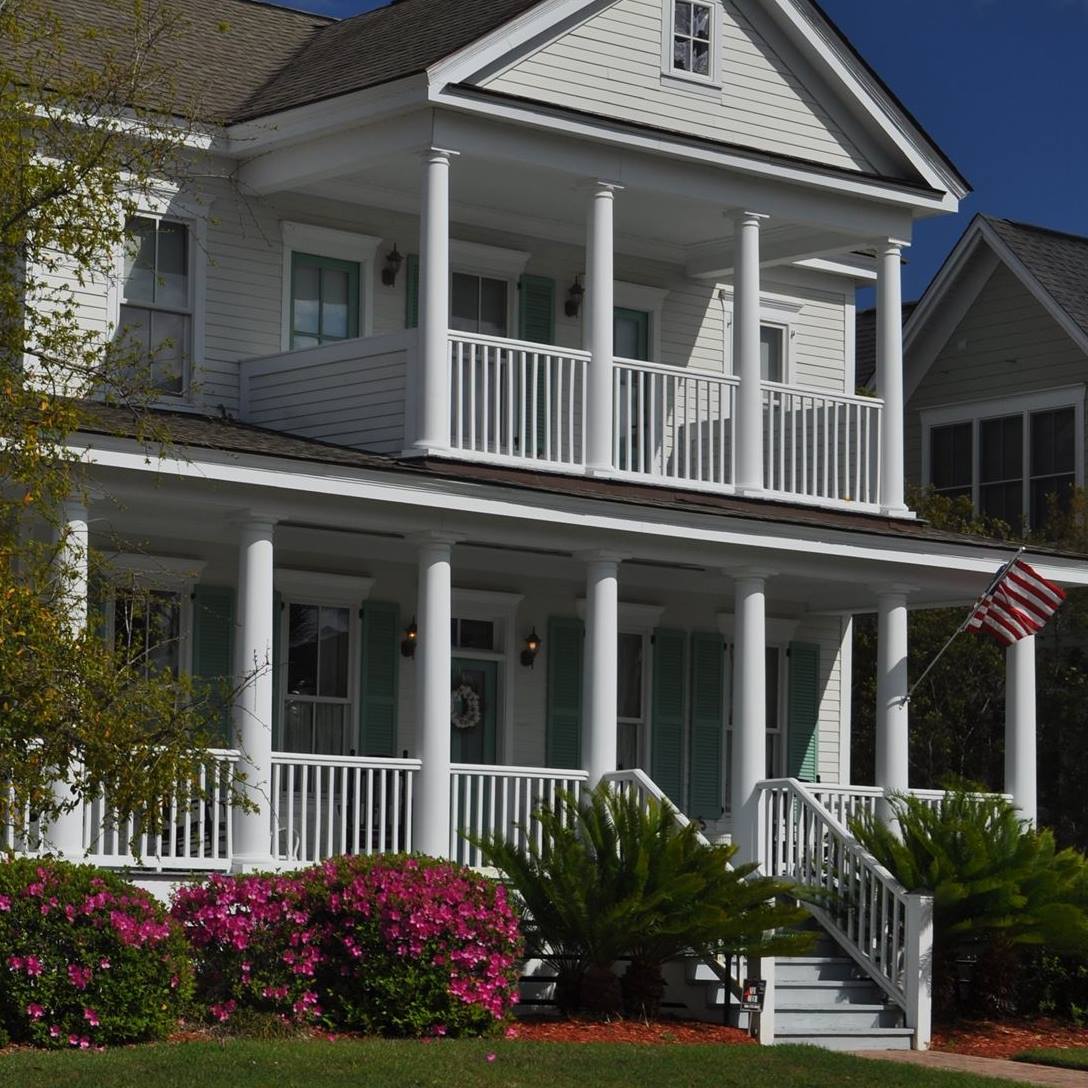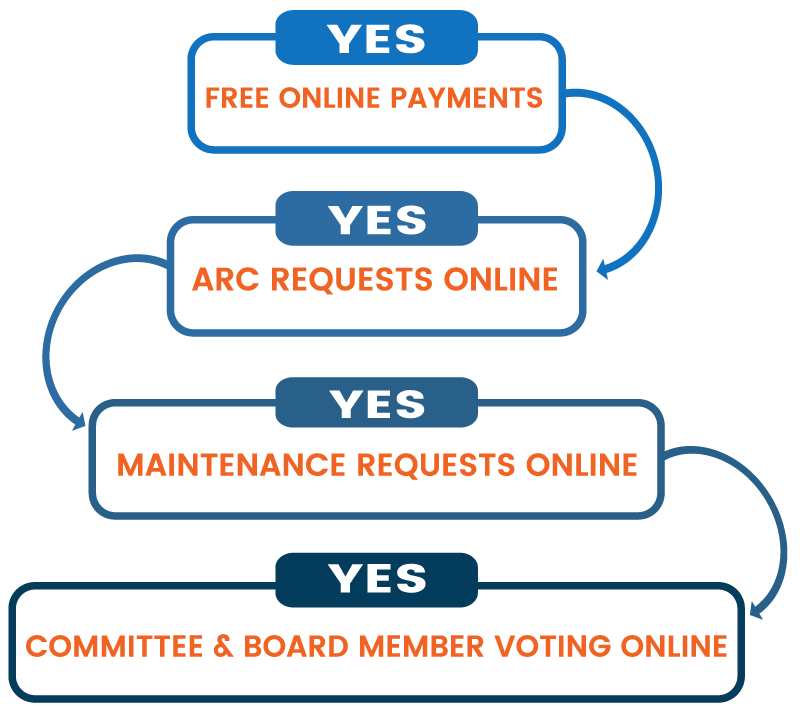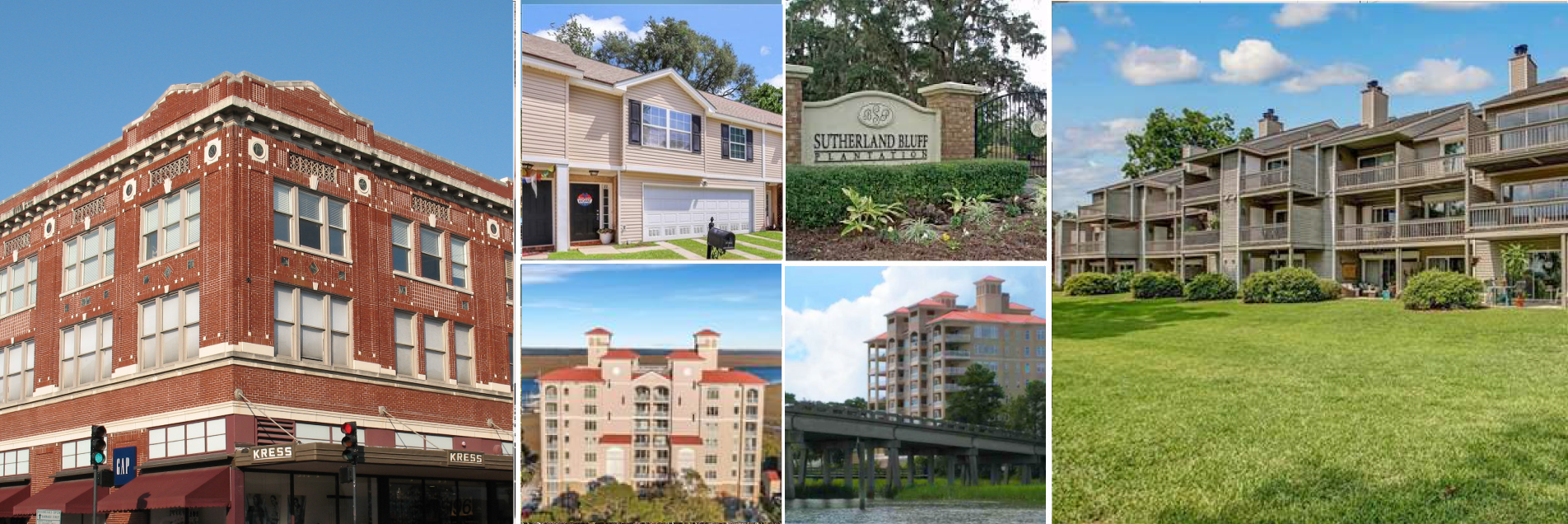
19 Years Of Experience
KEYSTONE HAS:
INTEGRITY, EXPERIENCE, SERVICE, & INNOVATION.
That is who we are, what we do and what sets us apart.
We are committed to maximizing the value of your development through the efficient management of your homeowners association.
Our team uses its knowledge and expertise to relieve association board members of the time it takes to manage the challenges of the day-to-day management of your development.
Our Commitment to You
Our
Commitment
to You


The Key Managers
Frequently Asked Questions
What are the Roles of the Board of Directors in a Homeowners Association or a Condominium Association?
The Board of directors is the governing body for the homeowners and condominium associations. Typically elected by the unit owners in the association, the Board makes the decisions that keep the association operating. Many of the duties of the Board include:
“Finances – Establishing a budget, determining the annual assessments (dues), collecting the assessments, purchasing insurance, funding reserves, ensuring the association’s financial viability.
Contracts – Obtaining contracts to perform services required by the association’s legal documents. These may include landscaping, building maintenance, management, reserves studies, pool, security, and more.
Management – Maintaining and repairing the property, supervising staff, committees, and providing services to residents.
Legal – Drafting and enforcing rules, regulations, and governing documents; conducting meetings and elections.” (Bohn, Margo et. al, 2010, Community Association Leadership, Third Edition, Cai Press.)
Specific duties of the board can be found in the association’s legal documents including the Declaration (covenants and restrictions) and the Bylaws for the association. It is important for board members to read these documents and be familiar with the documents, so it is easy to refer to them with questions.
In many cases, the Board delegates these duties to officers of the board, committees in the neighborhood, and/or a manager or management company like Keystone Association Managers. Note that the Board may delegate the duties and authority to perform but cannot delegate the responsibility to perform their duties.
When a question arises about the role of the board, the prime source of information is the legal documents for the association and the ability to find an answer. However, when all else fails, ask Keystone Association Managers or the association attorney for advice.
What is the Difference between a Condominium and a Homeowners Association?
Condominium Associations and Homeowners Associations are two different types of Community Associations. The primary difference between the two is based on what each unit owner owns. Homeowners Associations are sometimes called HOAs or POAs for Property Owners Association. In these, the unit owner owns the land of the unit and any structure built on the land.
In a Condominium the unit owner owns the unit but does not own the land beneath the unit. The owner may own just the space inside the walls of the unit, or may own all the walls around the unit, but the key component of a condominium is that the association owns the land and the common portions of the buildings, while the unit owner just owns the unit within the building.
What is a Homeowners Association (HOA)?
A Homeowners Association (HOA) is an organization in a subdivision, planned community, or other subdivision that makes and enforces rules and provides services for the properties and residents. In many cases, those who purchase property within an HOA’s jurisdiction automatically become members and are required to pay dues, known as HOA fees.
What is a Condominium Association?
A Condominium Association is similar to an HOA but specifically for condominium complexes. In a condominium, the homeowner owns their unit and the condominium owns all the land and the common areas that do not comprise the unit. Condominium Associations manage the common areas and amenities of the condominium building(s) and enforce rules and regulations for the unit owners.
What is a Community Association?
A Community Association is the collective term for Homeowners Associations, Property Owners Associations, Condominium Associations and similar named entities.
What are the responsibilities of an HOA?
An HOA is responsible for managing and maintaining common areas, enforcing community rules and regulations, collecting dues, and ensuring the overall well-being of the community. This can include insurance, landscaping, security, amenities maintenance, and organizing community events. Each association is different, so it is best to review the legal documents for the community to understand the responsibilities.
What are the Legal Documents for a Condominium, Homeowners Association, or Community Association?
The Legal Documents include various documents typically filed by the developer of the Association. These include the declaration, covenants and restrictions, by[laws, and articles of incorporation. The legal documents are subject to the laws of the sate the association is located. These documents may also include rules and policies created by the association’s board of directors. These documents define the make up of the association, create responsibilities of the association and its owners, establish rules for the association, and explain how the association operates.
What services does Keystone Association Managers provide?
Keystone Association Managers offers a range of services including financial management, administrative management, property management, governance assistance, education and communication for HOAs and Condominiums. They provide a dedicated Community Association Manager (CAM) who works directly with the board and has support from an assistant and accounting staff.
How are HOA fees determined?
HOA fees are determined based on the budget set by the HOA board. This budget covers the costs of maintaining common areas, amenities, and other community services. Fees can vary depending on the size of the community, the amenities offered, and the level of maintenance required. Condominium Association dues are typically higher than Homeowner Association dues because the condo typically owns more common areas and usually provide more services than HOAs.
What happens if I don't pay my HOA fees?
Failure to pay HOA fees can result in penalties, interest charges, and legal action. The HOA may place a lien on your property and even file a lawsuit to collect the past due fees. In some cases this could lead to foreclosure if the fees remain unpaid. Because the HOA is obligated to pay for required services, its best to pay the dues. It’s important to communicate with your HOA if you’re having trouble making payments to avoid these consequences.
How can I get involved in my HOA?
You can get involved in your HOA by attending board meetings, volunteering for committees, and participating in community events. Many HOAs welcome and encourage homeowner involvement to ensure the community’s needs and interests are represented.
What is the role of the HOA board?
The HOA board is responsible for making decisions on behalf of the homeowner’s association or condominium. They also manage the association’s finances, enforcing rules and regulations, and maintaining common areas. Board members are typically elected by the homeowners and serve for a specified term. The Board may delegate some of its authority to a committee or management company.
How does Keystone Association Managers handle rule enforcement?
Keystone Association Managers uses a comprehensive program to meet the HOA’s need for rule enforcement. This includes periodic inspections, efficient software to track compliance, and follow up on any rules violations. It is important to note that Keystone Association Managers does not create the HOA rules. Instead they help the Board of Directors enforce the rules in the association’s legal documents.
What should I do if I have a dispute with my HOA?
If you have a dispute with your HOA, it’s best to start by reviewing the association’s governing documents and rules. You can then address your concerns with the HOA board or management company. If the issue remains unresolved, you may consult with a third party for help.


